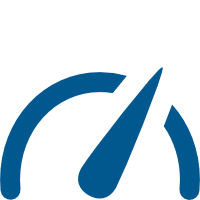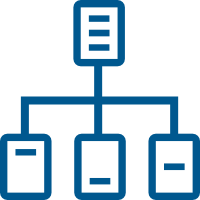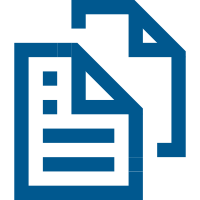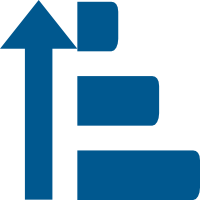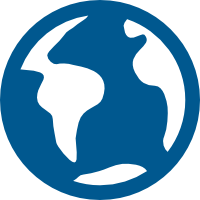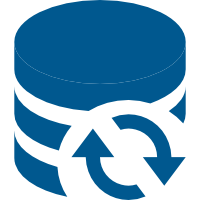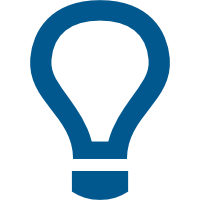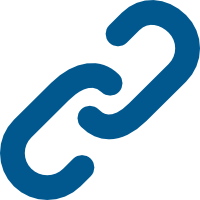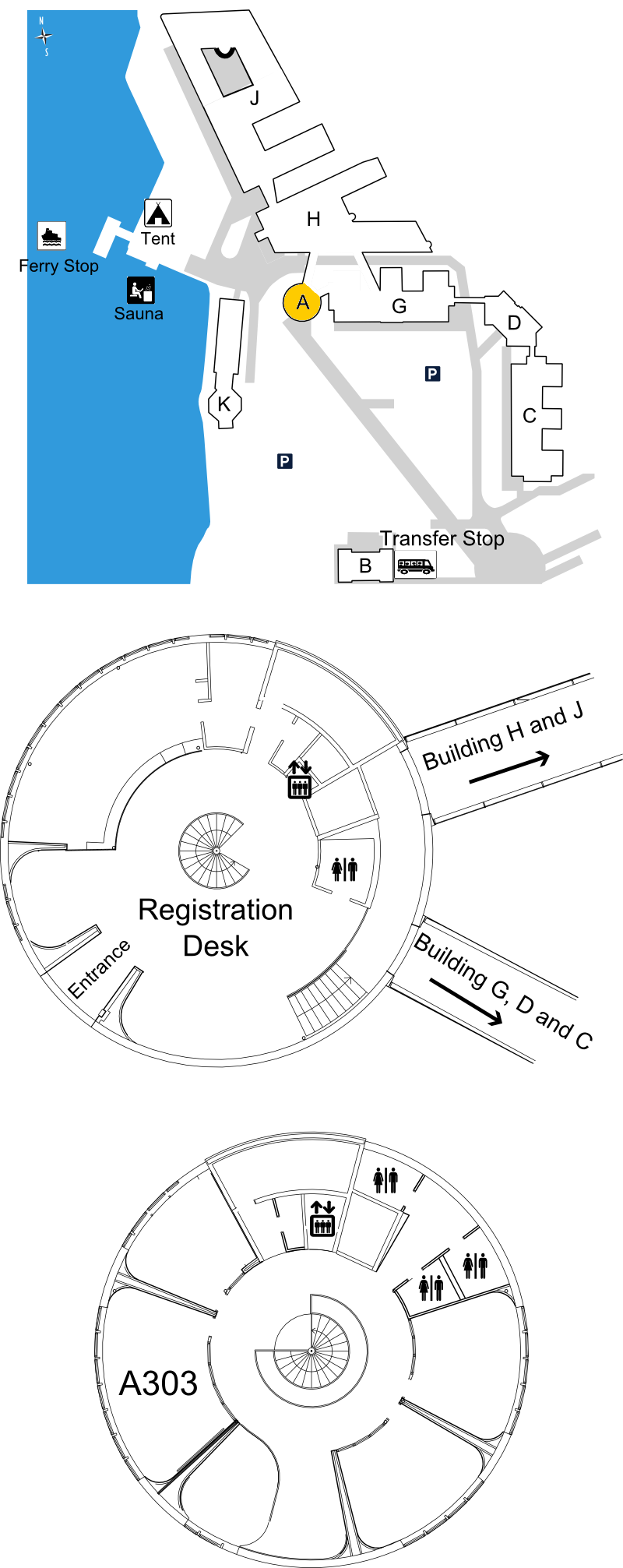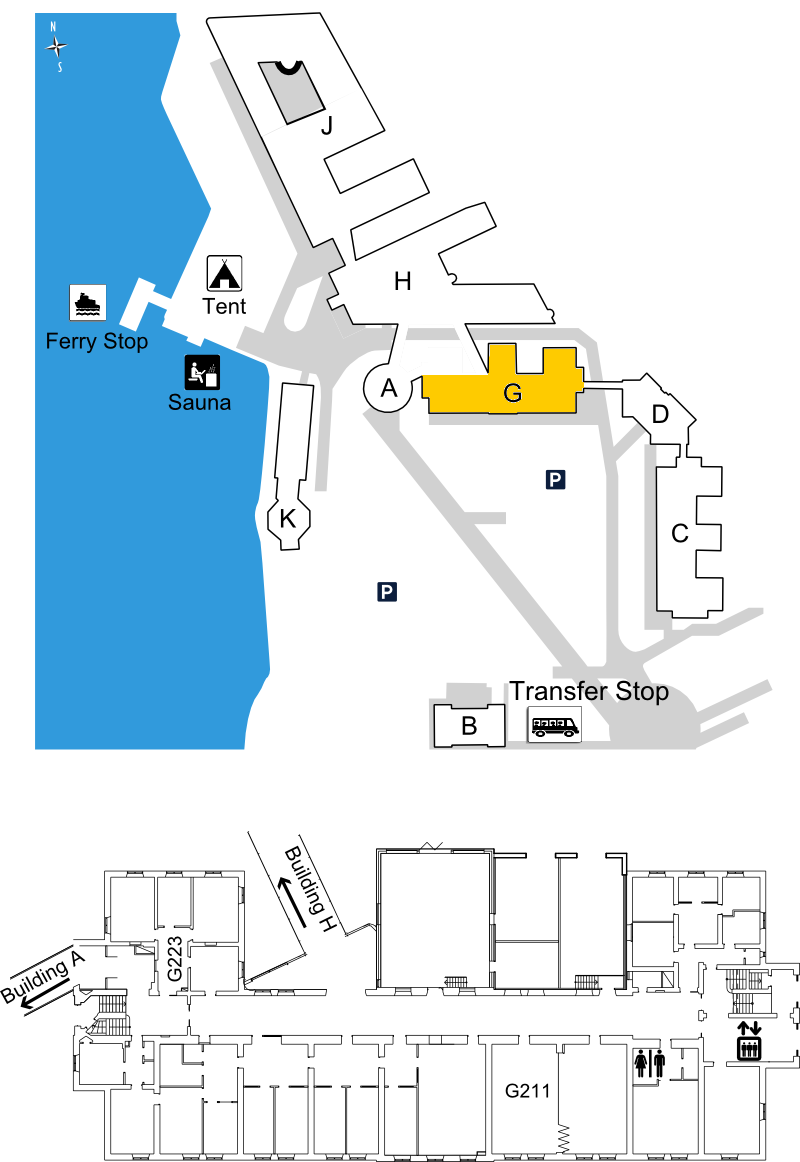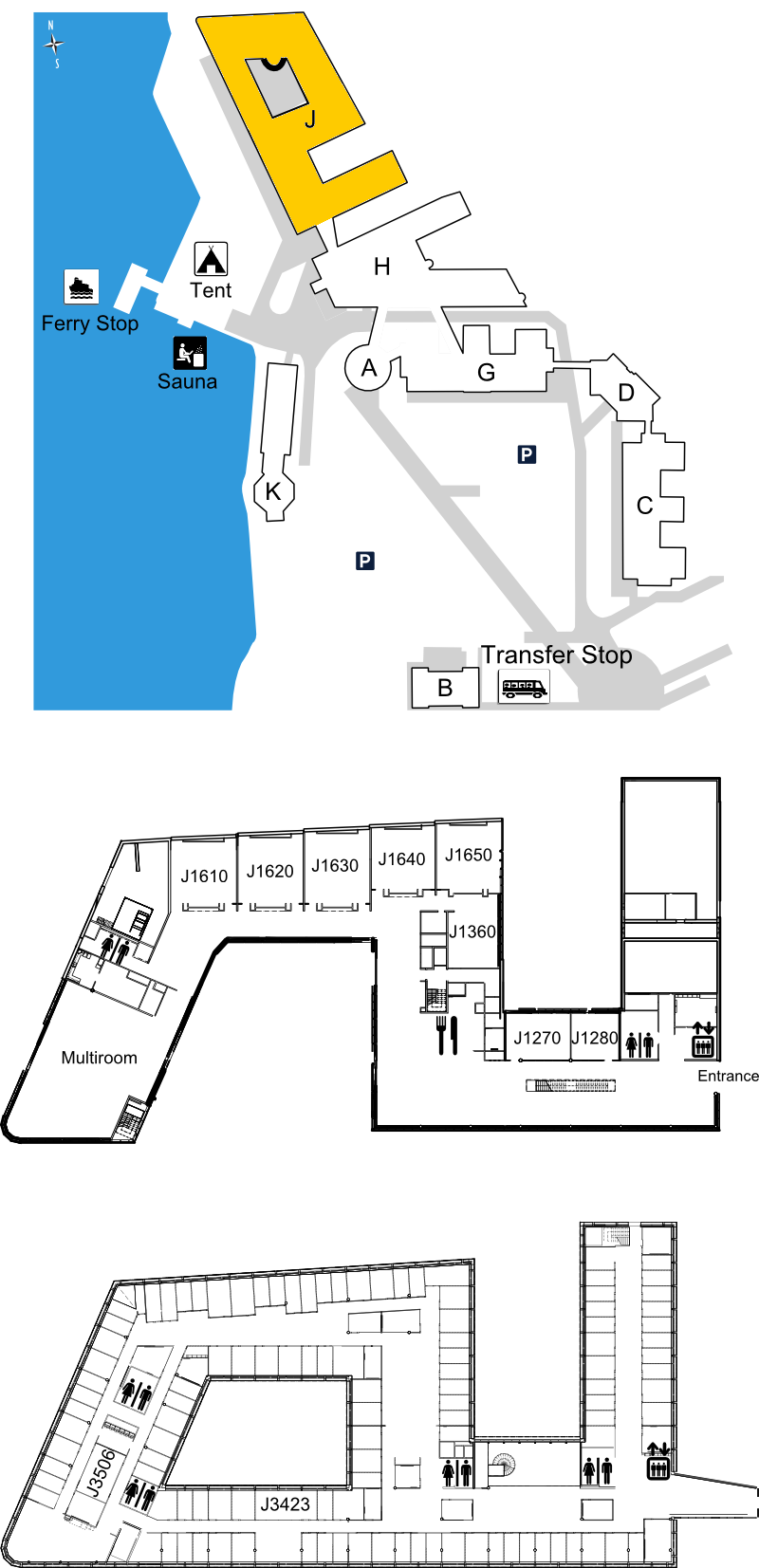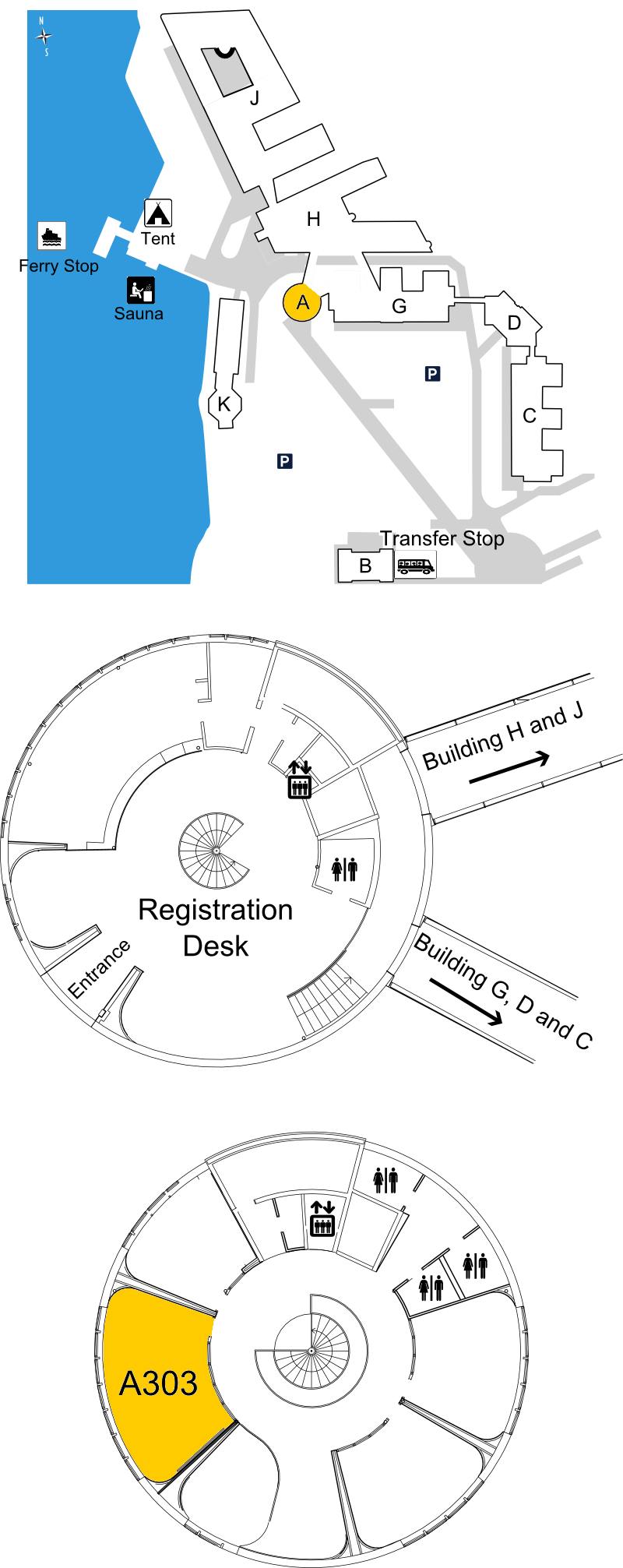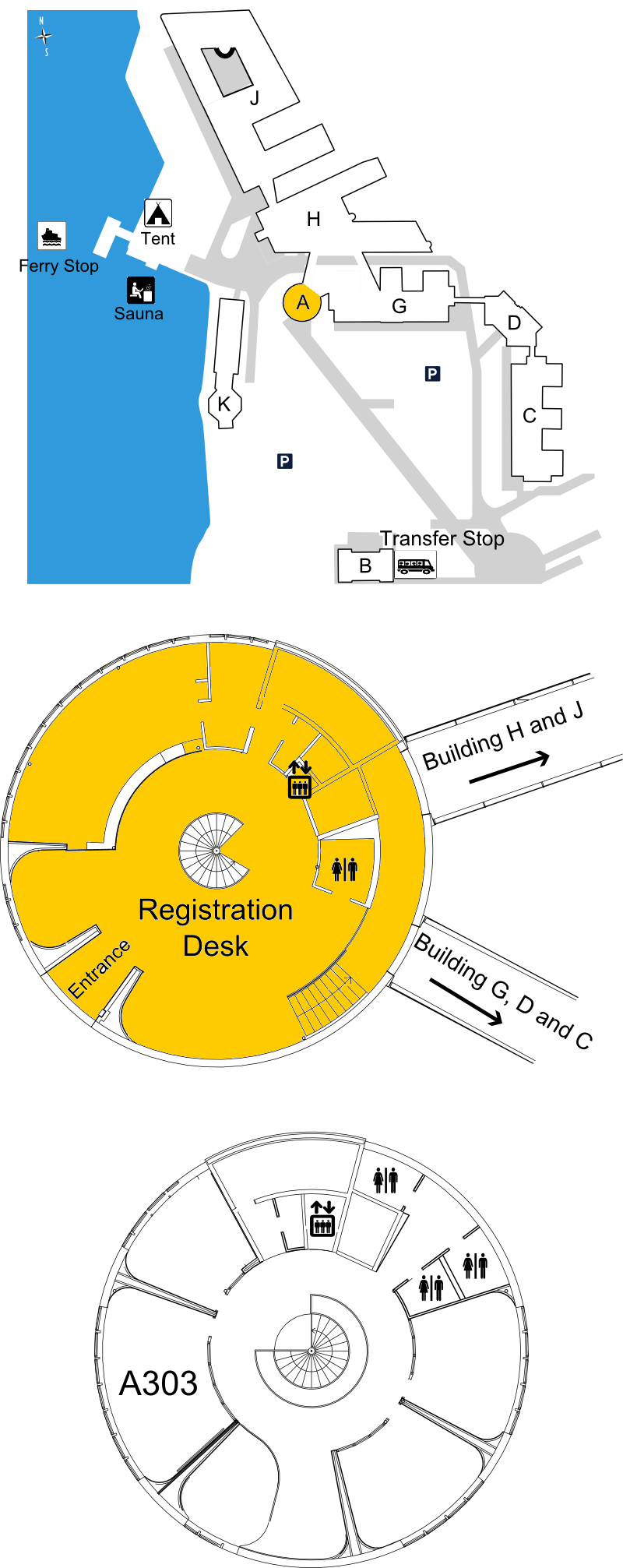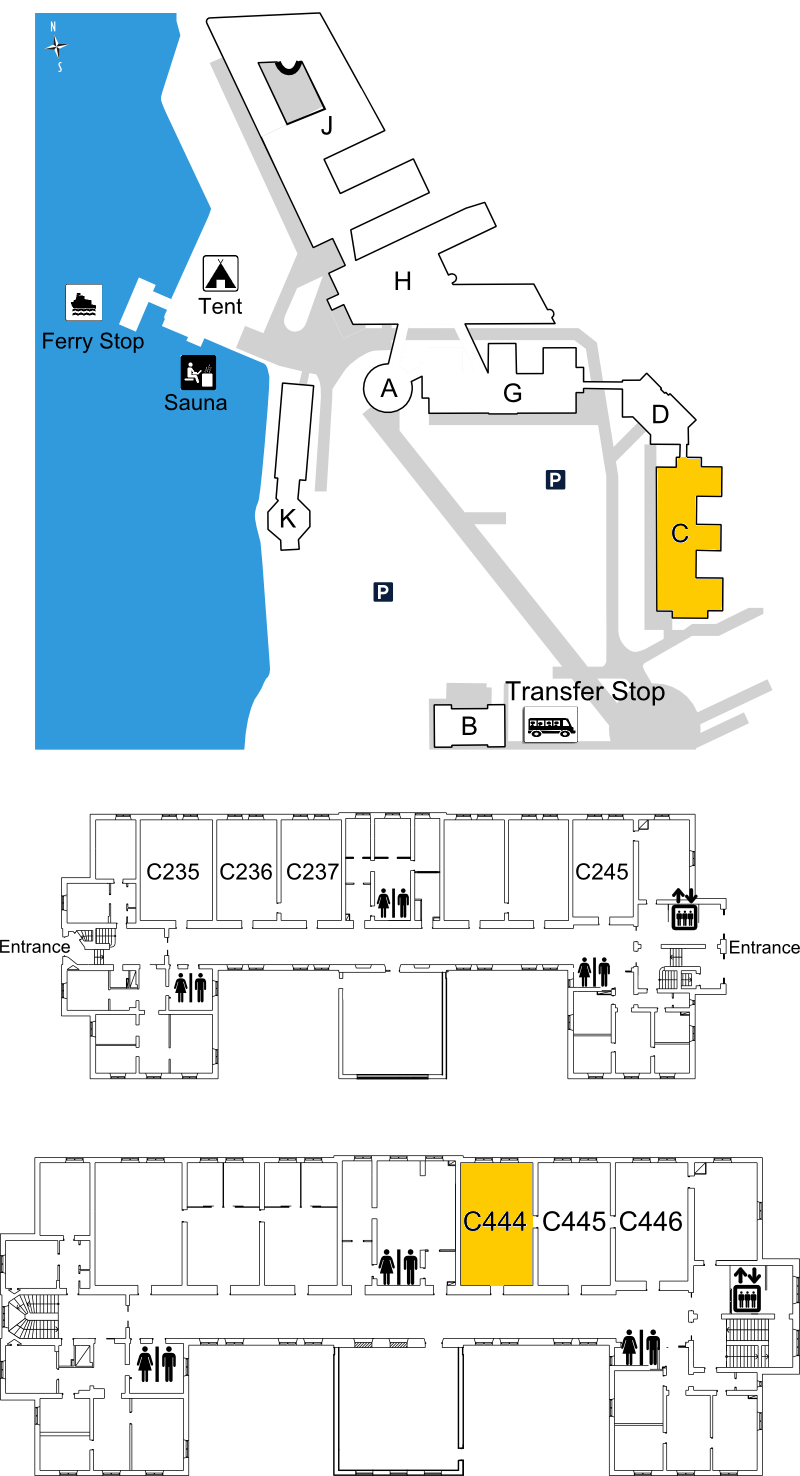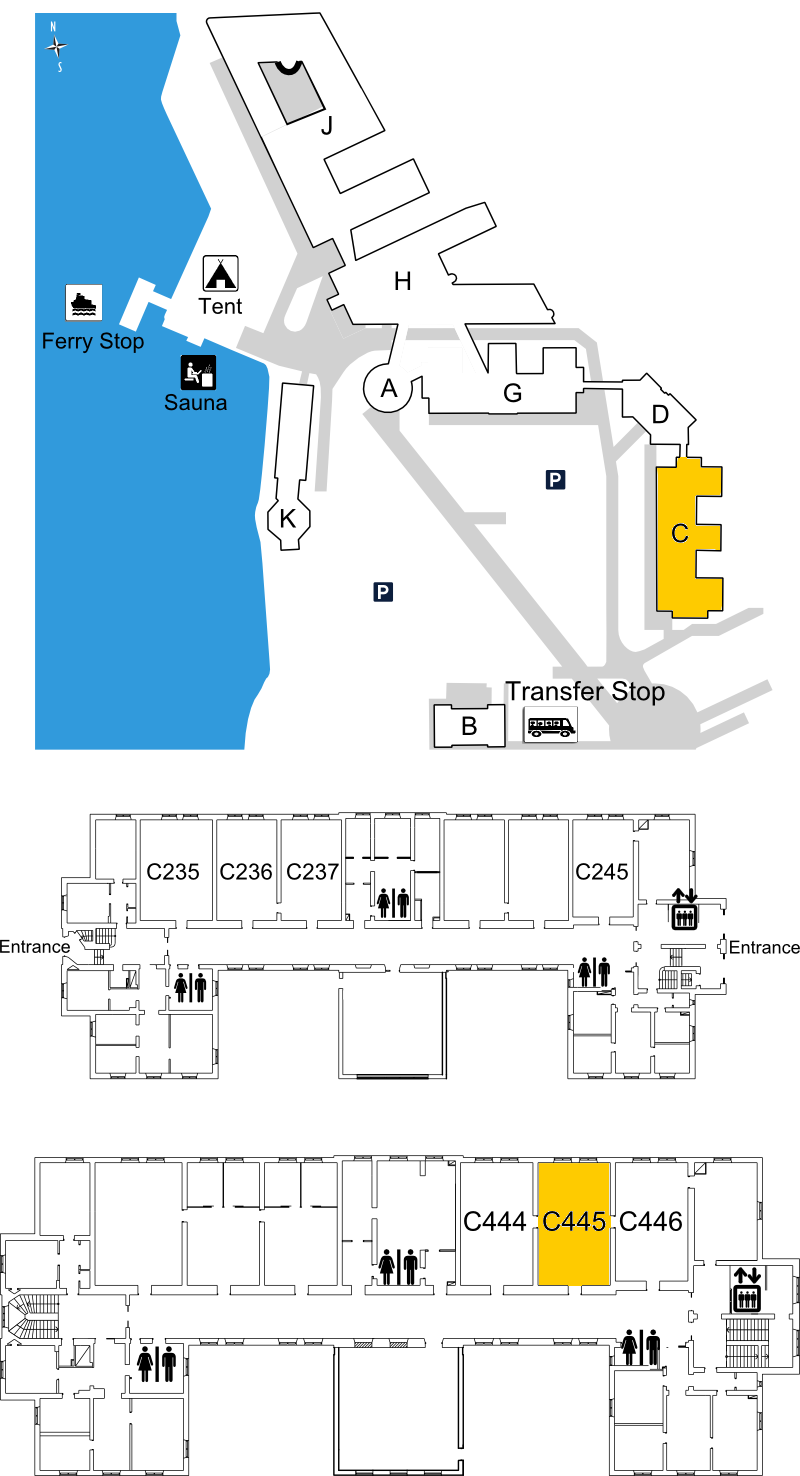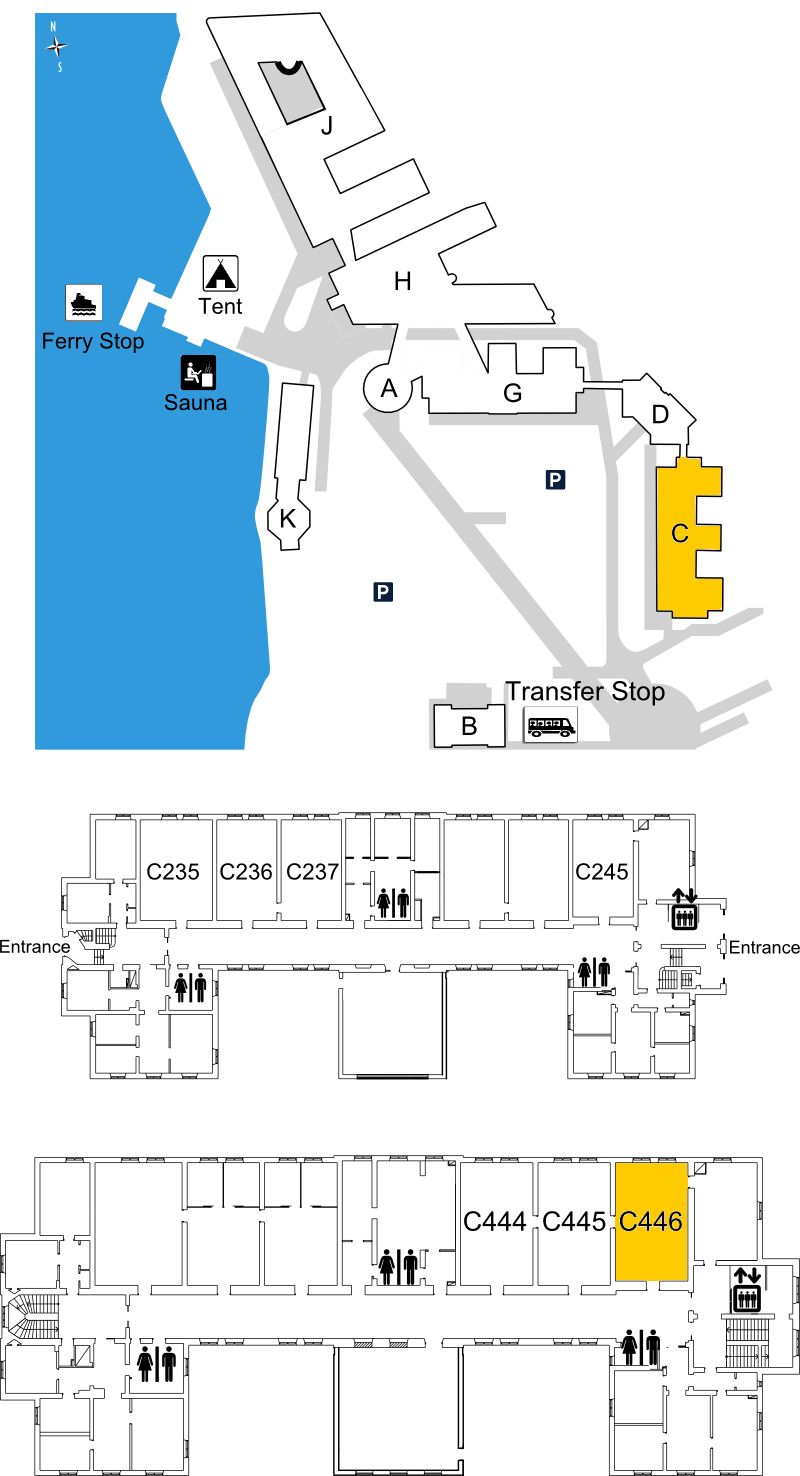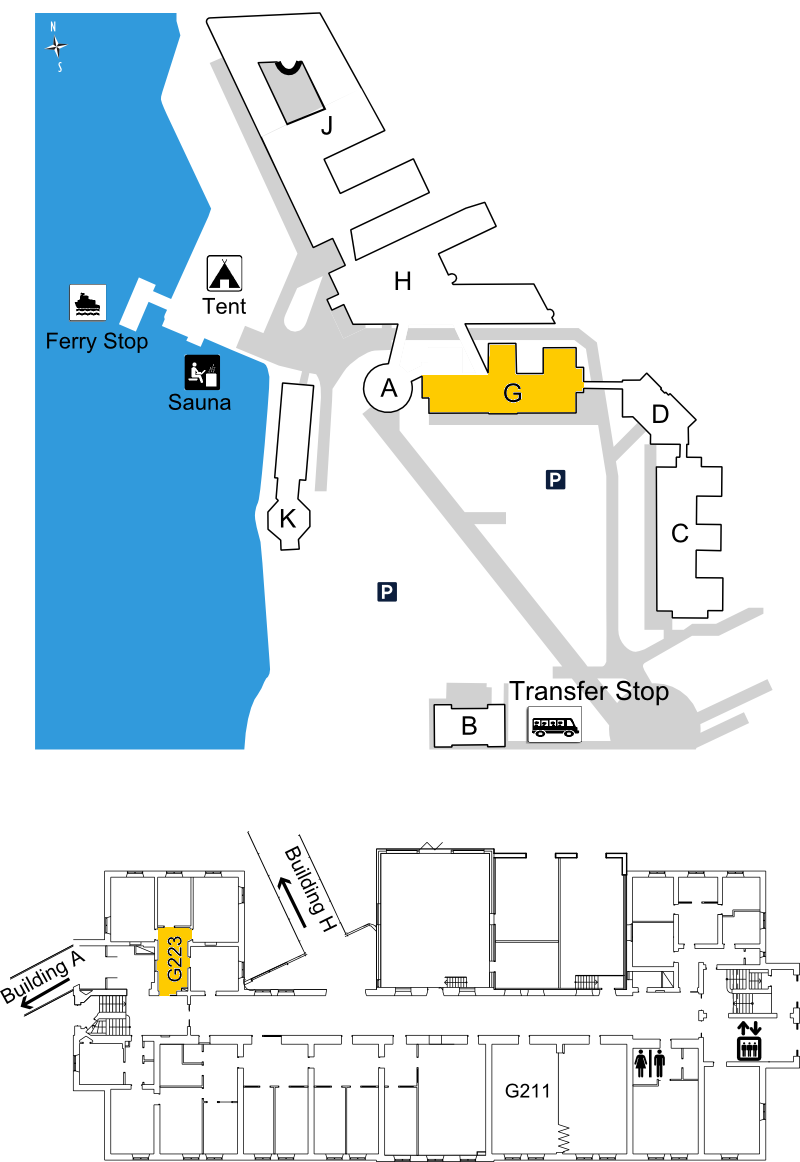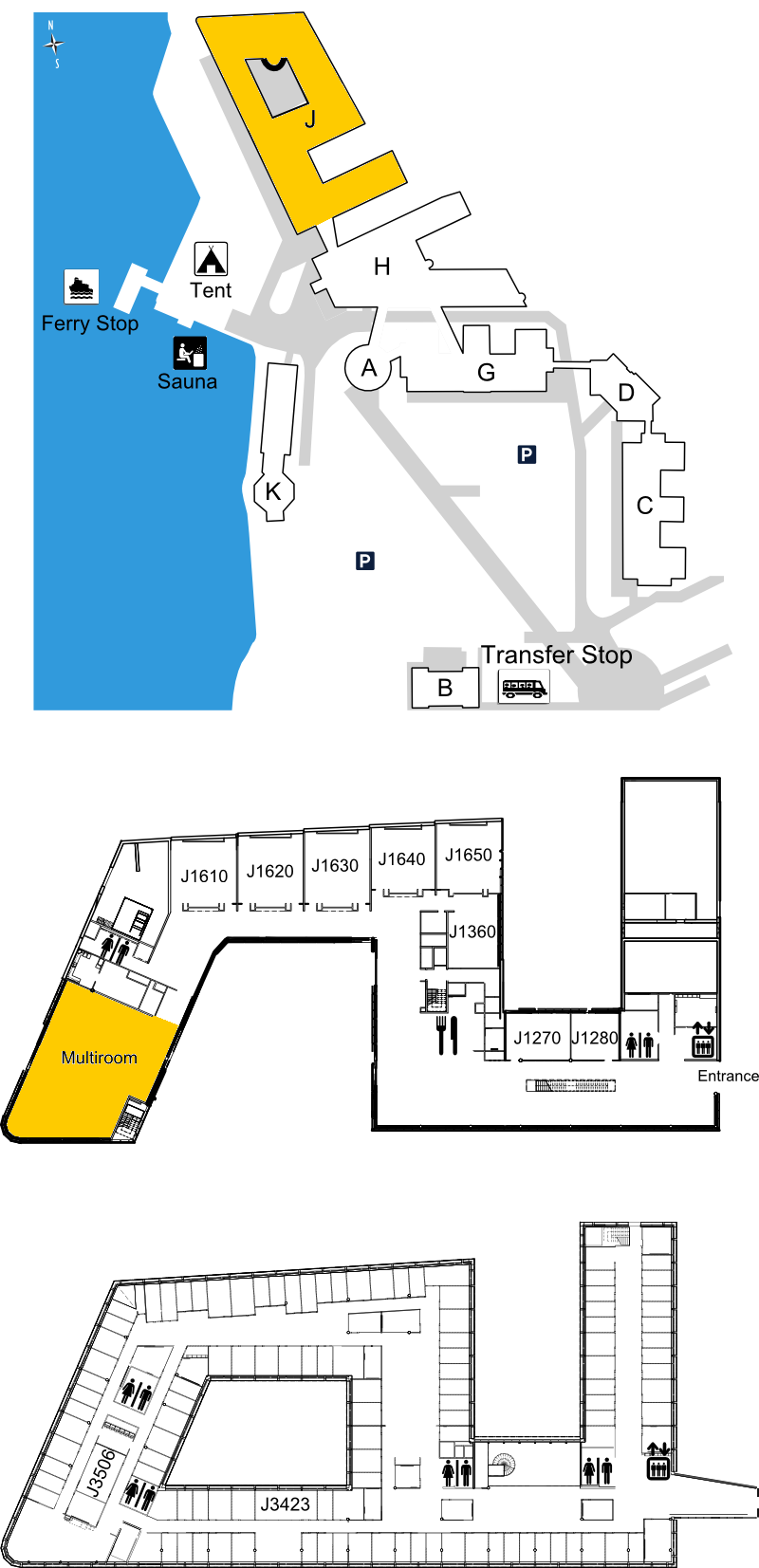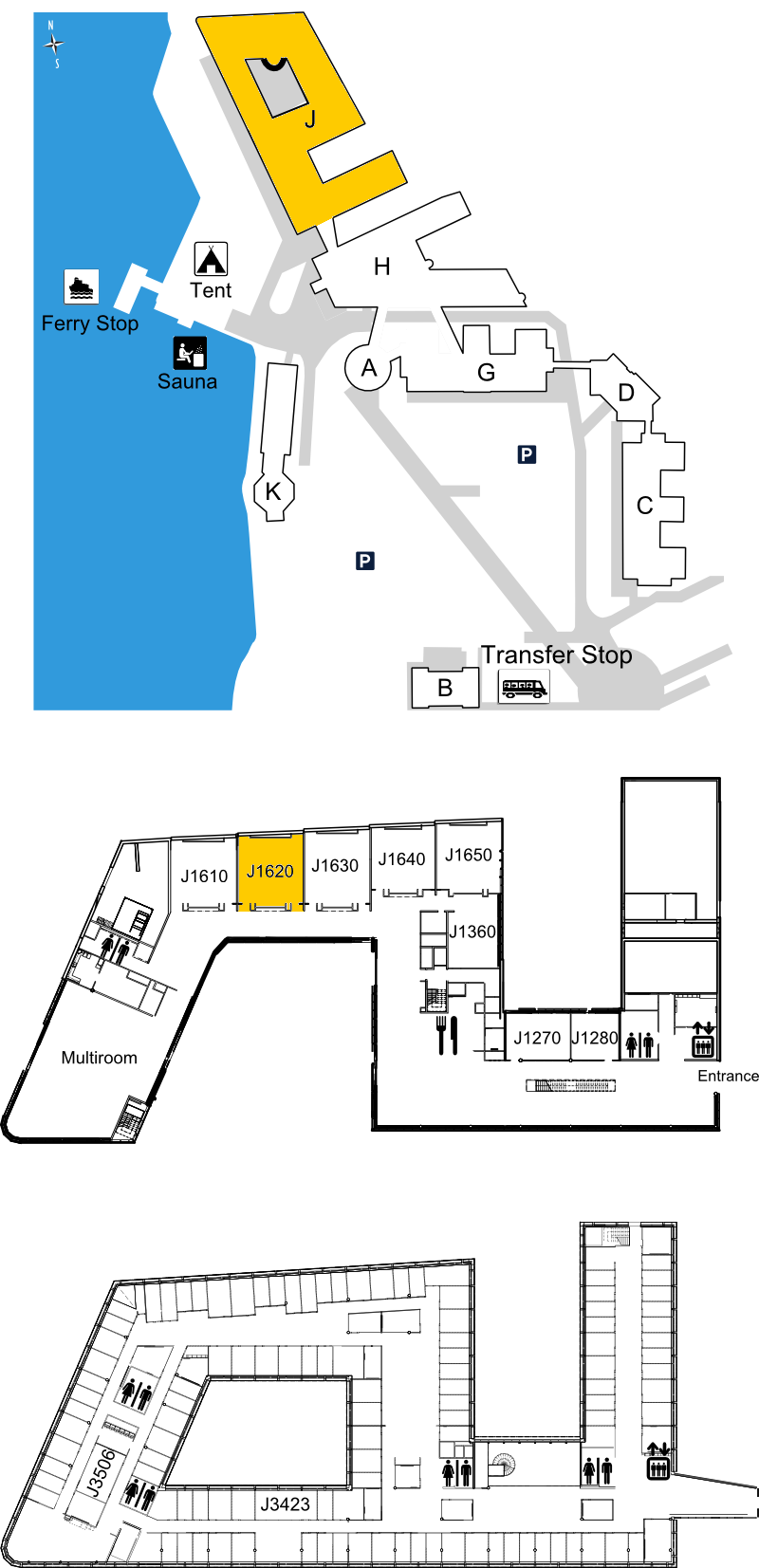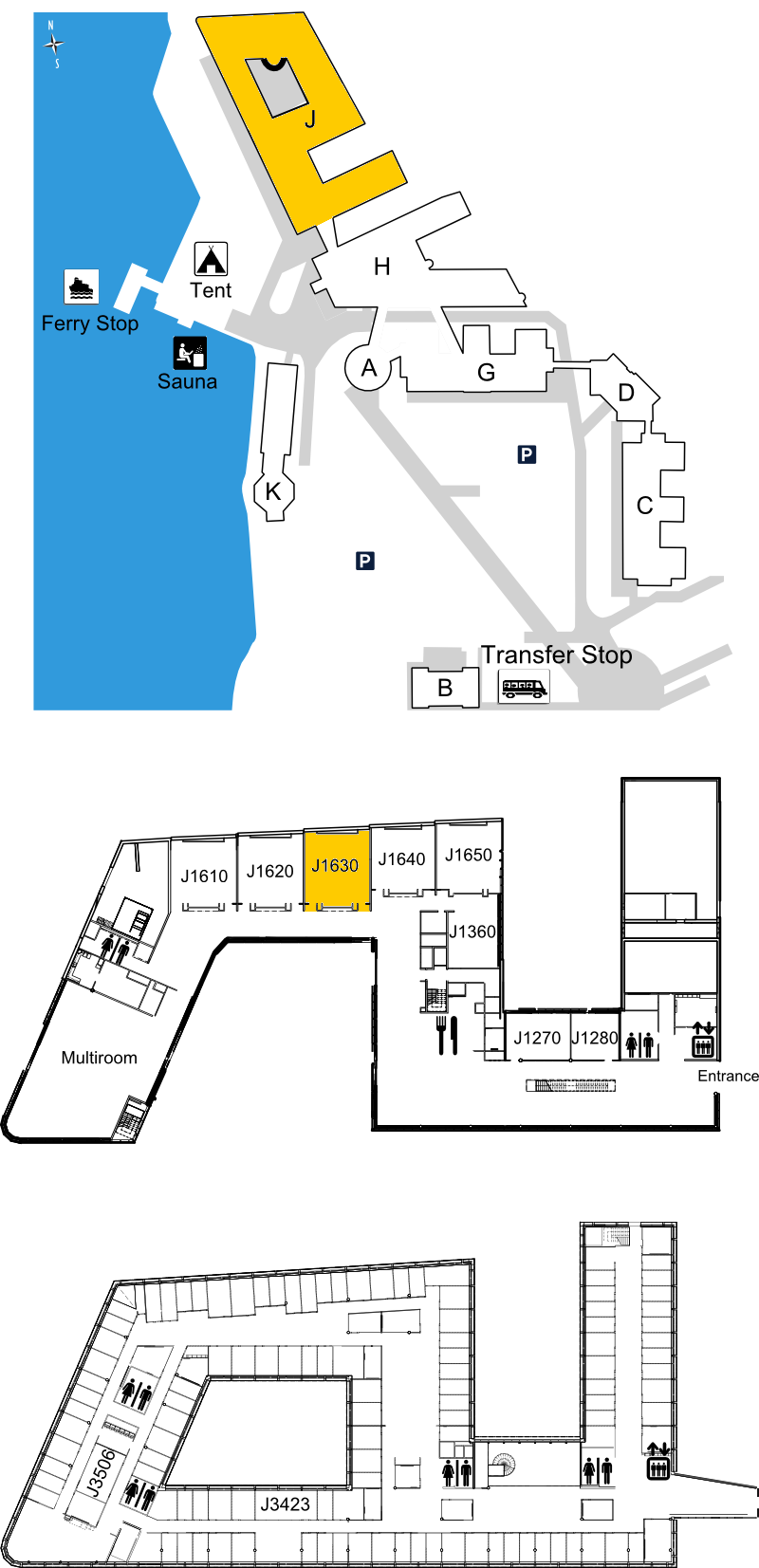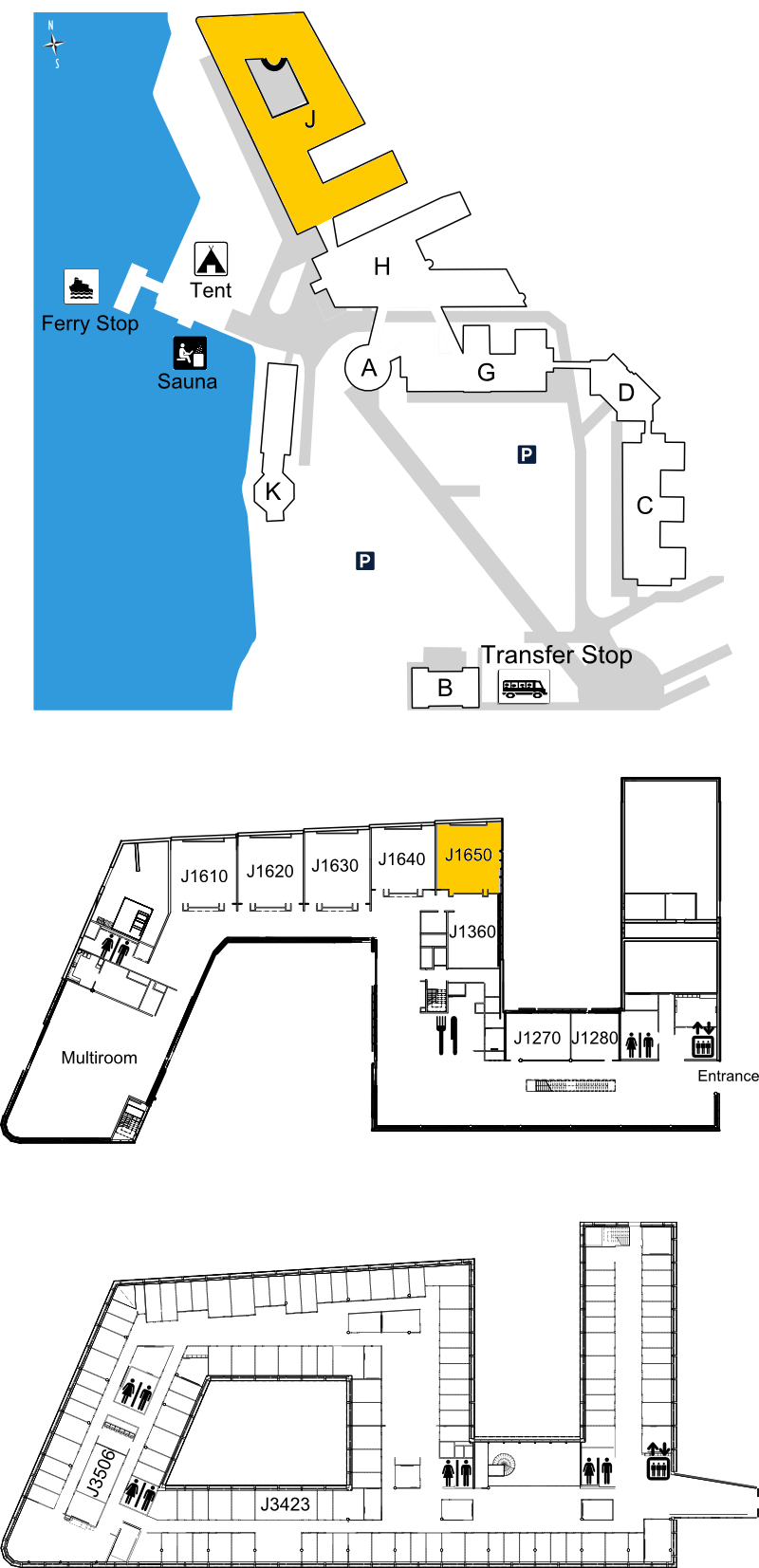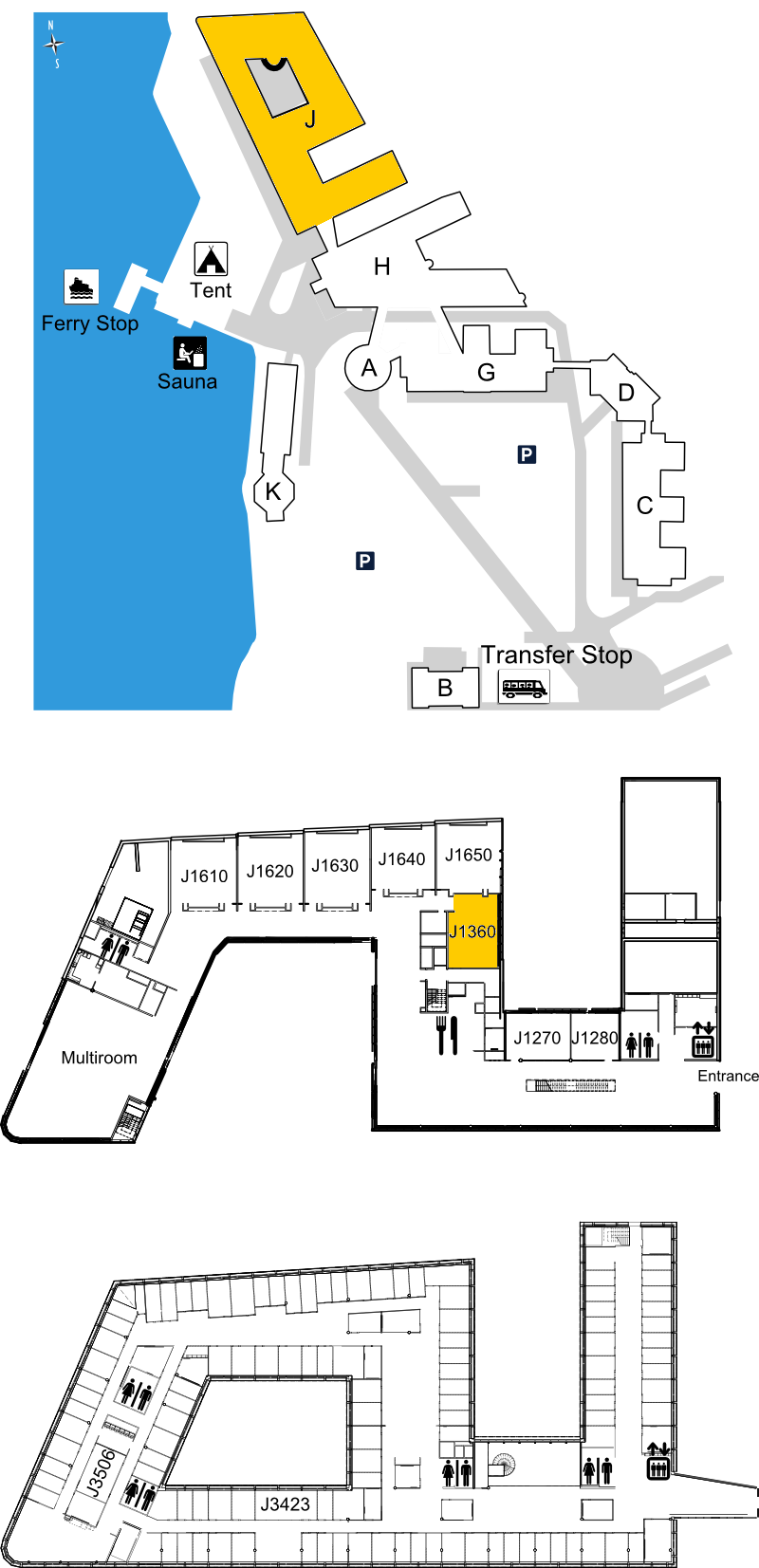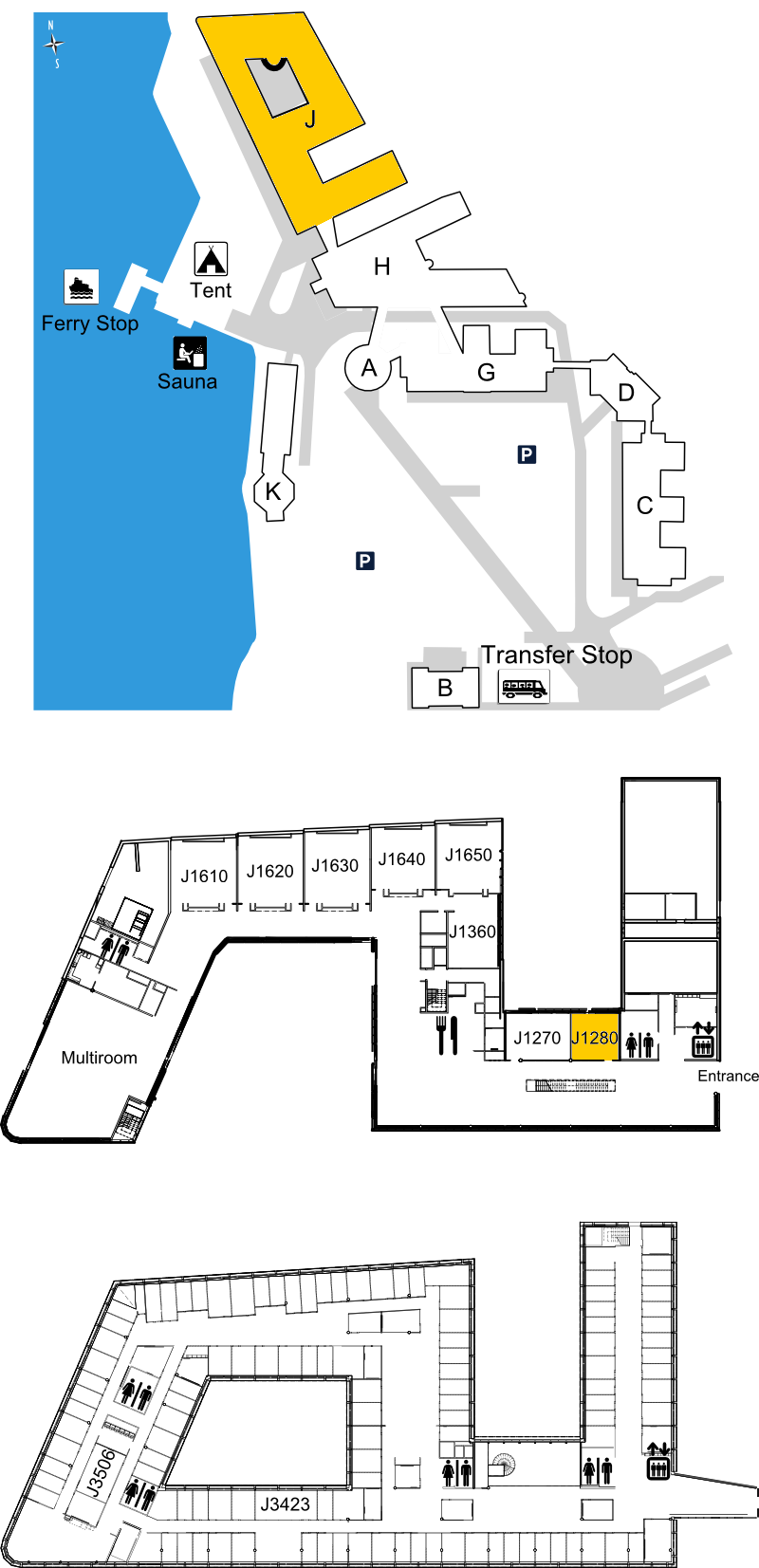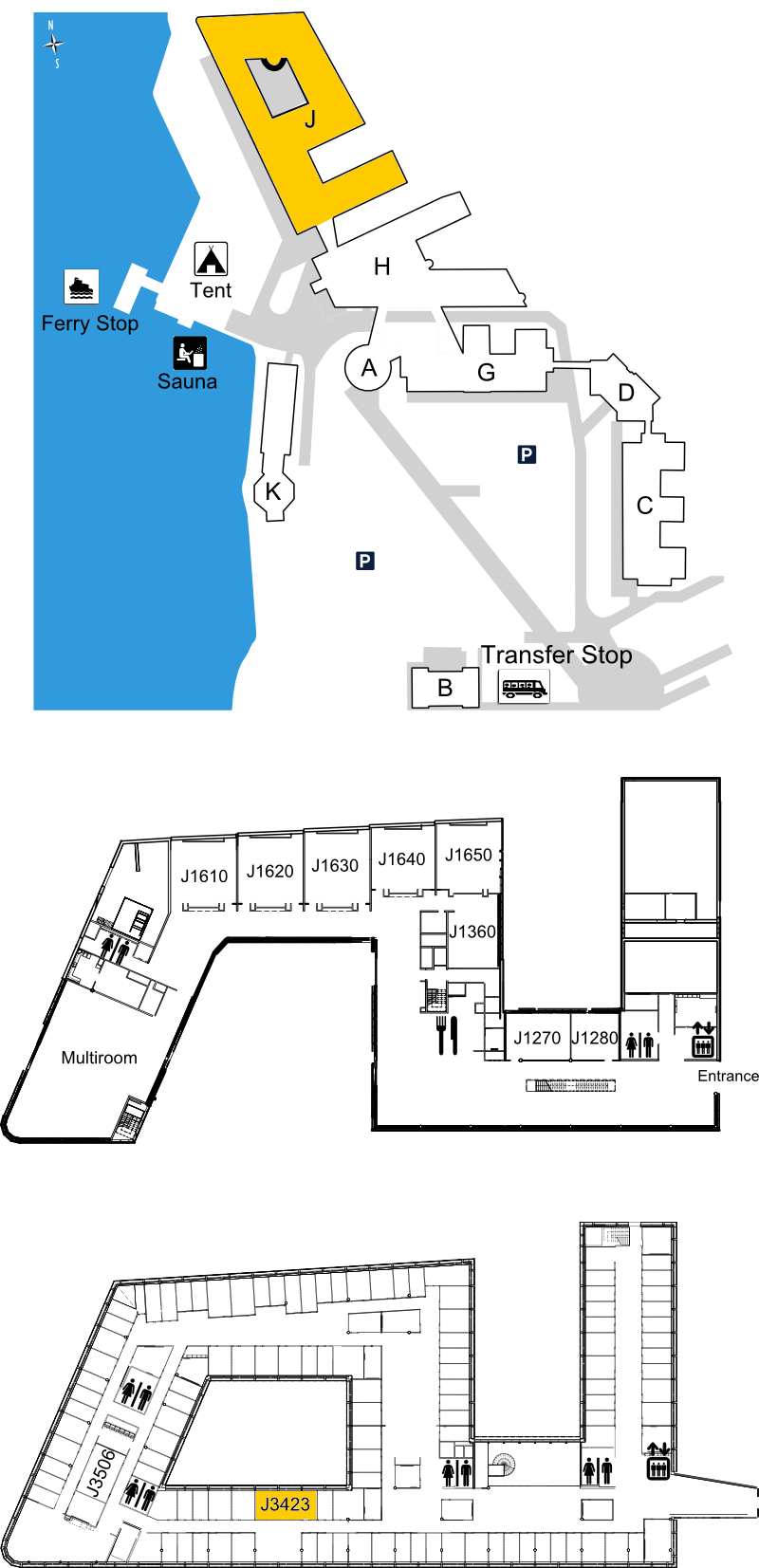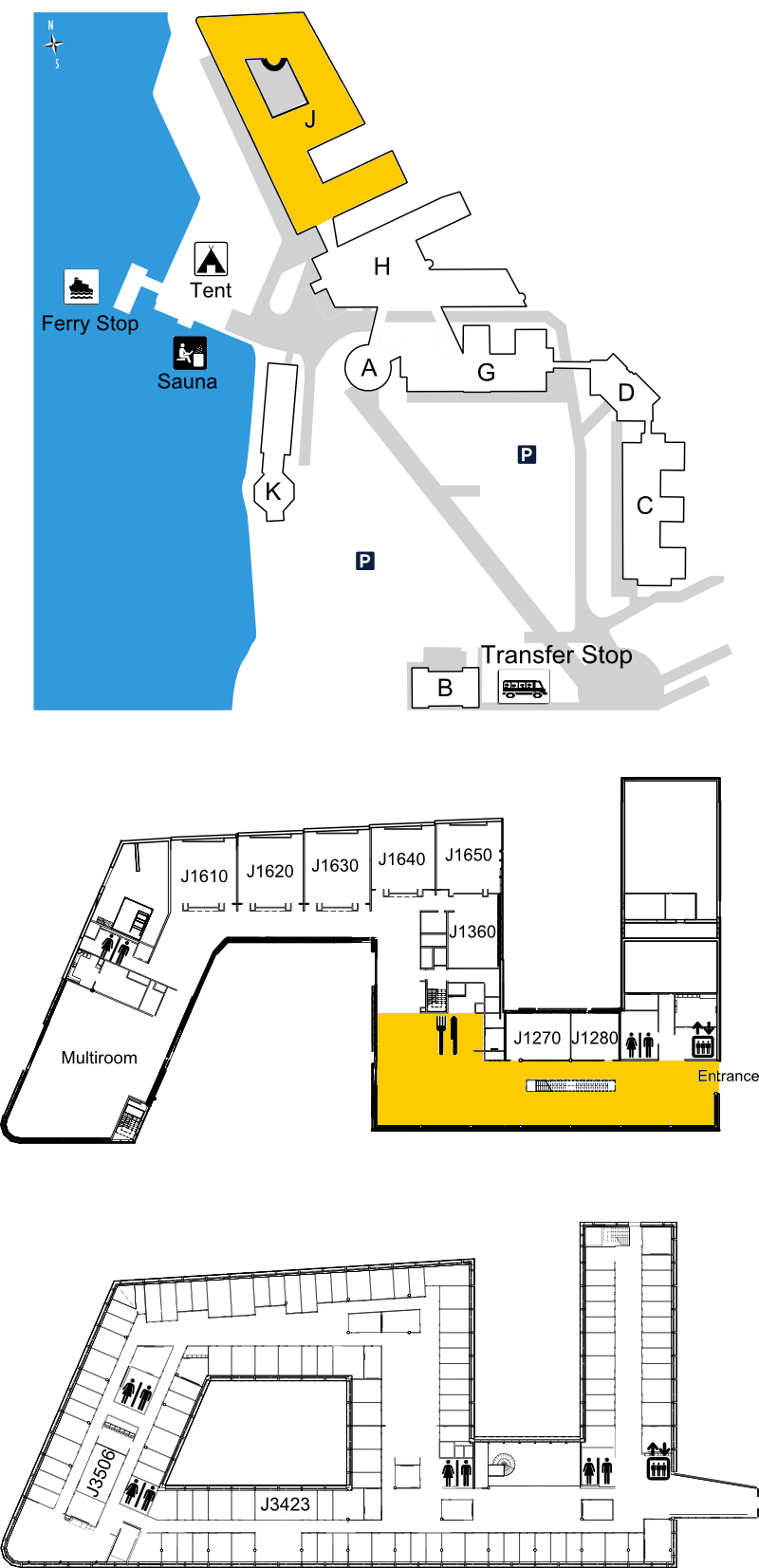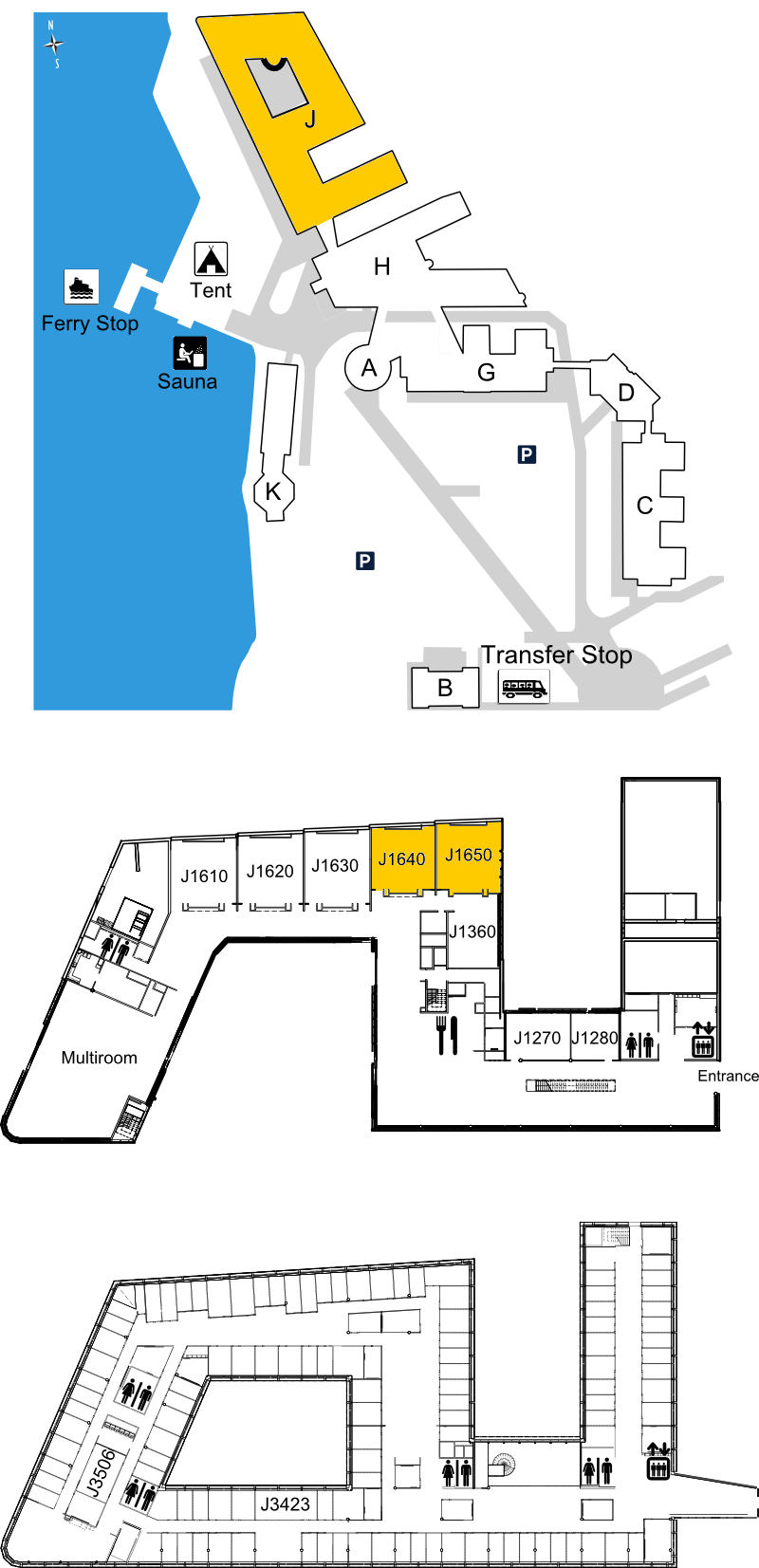RE'14 offers an extensive program of interest to both academia and industry including three distinguished keynote speakers and three conference days full of papers, panels, industry laboratories, posters and demos. A series of exciting tutorials to develop skills in and advance awareness of requirements engineering practices is of particular interest to industry. The main conference is preceded by two days of workshops and the doctoral symposium.
Overview
| Monday (25/8) | Tuesday (26/8) | Wednesday (27/8) | Thursday (28/8) | Friday (29/8) | |
|---|---|---|---|---|---|
| Day |
Doctoral Symposium Workshops Tutorials |
Workshops Tutorials |
Invited Talk: Tony Wasserman Research/Industry Tracks Most Influential Paper and Posters Lightning Round |
Invited Talk: Annie I. Antón Research/Industry Tracks Industry Laboratory Panels & Debates Poster/Demo Sessions |
Invited Talk: Anthony Finkelstein Research/Industry Tracks Panels & Debates Workshop highlights Mini-Tutorial |
| Evening | Welcome Reception | Conference Banquet |
Detailed Program
Click here to import all RE'14 events into your calendar.| Monday, August 25, 2014 | |||
|
08:30 - 17:00 |
Workshops
|
Tutorials |
Doctoral Symposium: Doctoral Symposium (#RE14Docsym)Chair: Mats Heimdahl and Camille Salinesi |
|
Coffee Breaks (10:00-10:30 & 15:00-15:30) [J-Building, ground floor] Lunch (12:00-13:30) [J-Building, ground floor] |
|||
| Tuesday, August 26, 2014 | ||
|
08:30 - 17:00 |
Workshops
|
Tutorials |
|
Coffee Breaks (10:00-10:30 & 15:00-15:30) [J-Building, ground floor] Lunch (12:00-13:30) [J-Building, ground floor] |
||
|
RE'15 Organization Meeting (18:00-20:00) [J1280] Welcome Reception (19:00-23:00) / Posters are on display |
||
| Wednesday, August 27, 2014 | |||
|
08:30 - 09:00 |
Plenary: Opening (#RE14Opening)Chair: Tony Gorschek and Robyn Lutz |
||
|
09:00 - 10:00 |
Keynotes: Startups and Requirements (Keynote) (#RE14Startups)Chair: Claes Wohlin |
||
| Coffee Break (10:00-10:30) [J-Building, ground floor] | |||
|
10:30 - 12:00 |
Research Track A: Empirical Studies in Elicitation (#RE14Empirical)Chair: Daniel Amyot
|
Research Track B: Formal Modeling and Analysis (#RE14Formal)Chair: Mats Heimdahl [J1610] |
Industry Track: Lightweight RE Methods (#RE14Lightweight)Chair: David Callele [J1620] |
| Lunch Break (12:00-13:30) [J-Building, ground floor] | |||
|
13:30 - 15:00 |
Research Track A: Legal and Regulatory Requirements (#RE14Legal)Chair: Seok-Won Lee |
Research Track B: Handling Change and Evolution (#RE14Evolution)Chair: Nelly Bencomo [J1610] |
Industry Track: Stakeholder Collaboration (#RE14Collaboration)Chair: Sami Jantunen [J1620] |
| Coffee Break (15:00-15:30) [J-Building, ground floor] | |||
|
15:30 - 17:00 |
Research Track A: Traceability (#RE14Traceability)Chair: Emmanuel Letier |
Meeting: Most Influential Paper 10 Years Later (from RE’04) and Posters Lightning Round (#RE14TenYearsLater)Chair: Neil Maiden and Jennifer Horkoff [J1610] RE2004 Most Influential Paper: "Speeding up Requirements Management in a Product Software Company: Linking Customer Wishes to Product Requirements through Linguistic Engineering", Johan Natt och Dag, Vincenzo Gervasi, Sjaak Brinkkemper, and Björn Regnell Lightning round slides |
Industry Track: RE in Practice: Experiences from the Field I (#RE14Experiences)Chair: Smita Ghaisas [J1620]
|
| RE Steering Committee Meeting (17:00-19:00) [Utsikten on 4th floor in J-Building] | |||
| Thursday, August 28, 2014 | |||
|
08:45 - 10:00 |
Keynotes: Now More Than Ever: Privacy and Security Are Required (Keynote) (#RE14Privacy)Chair: Alistair Sutcliffe |
||
| Coffee Break (10:00-10:30) [J-Building, ground floor] | |||
|
10:30 - 12:00 |
Research Track A: Discovering Requirements (#RE14Discovery)Chair: Vincenzo Gervasi |
Research Track B: Security and Privacy Requirements (#RE14Privacy)Chair: Nancy Mead [J1610] |
Industry Track: Industry Laboratory 1: Invited company talks (#RE14IndustryLab)Chair: Alistair Mavin and Eero Uusitalo [J1620] |
|
Lunch Break (12:00-13:30) [J-Building, ground floor] Speed Dating (12:30-13:30) |
|||
|
13:30 - 15:00 |
Research Track A: Communicating Requirements (#RE14Communication)Chair: John Mylopoulos [J1610] |
Panel: Ready-Set-Transfer! Technology Transfer in the Requirements Engineering Domain (Panel) (#RE14Transfer)Chair: Jane Hayes and Didar Zowghi |
|
| Coffee Break (15:00-15:30) [J-Building, ground floor] | |||
|
15:30 - 17:00 |
Research Track A: Automated Support for Eliciting Requirements (#RE14Automation)Chair: Zhi Jin |
Tool Demonstrations and Posters: Tool Demonstrations and Posters (#RE14Tools)Chair: Jennifer Horkoff and Richard Berntsson Svensson [J1360] |
Industry Track: Industry Laboratory 2: Invited company talks (#RE14IndustryLab)Chair: Alistair Mavin and Eero Uusitalo [J1620] |
| Conference Banquet (19:00-01:00) / Museum opens at 18:00 | |||
| Friday, August 29, 2014 | |||
|
08:45 - 10:00 |
Keynotes: Rethinking Software: Business Change and the Consequences for Software Engineering (Keynote) (#RE14Rethink)Chair: Robyn Lutz |
||
| Coffee Break (10:00-10:30) [J-Building, ground floor] | |||
|
10:30 - 12:00 |
Research Track A: Requirements Management Concerns (#RE14Management)Chair: Didar Zowghi [J1610] |
Meeting: Workshop highlights (#RE14WSHighlights)Chair: Travis Breaux and Eric Knauss |
Industry Track: RE in Practice: Experiences from the Field II (#RE14Experiences)Chair: Michael Panis [J1620] |
| Lunch Break (12:00-13:30) [J-Building, ground floor] | |||
|
13:30 - 14:30 |
Research Track A: Quality Goals (#RE14Quality)Chair: Neil Ernst [J1610] |
Panel: Meet the Dean: Industrial Requirements Engineering in the Curriculum (#RE14EduInduNeeds) |
Industry Track: Mini-tutorial: How to write an industrial RE paper (#RE14IndustryPaper)Chair: Sarah Gregory [J1620] |
|
14:30 - 15:15 |
Plenary: Closing session: “Farewell with ice-cream” and presentation of next year’s RE (#RE14Farewell)Chair: Tony Gorschek and Robyn Lutz |
||
Entypo pictograms by Daniel Bruce - www.entypo.com
DefaultIcons by interactivemania - www.interactivemania.com






 Download Program
Download Program

